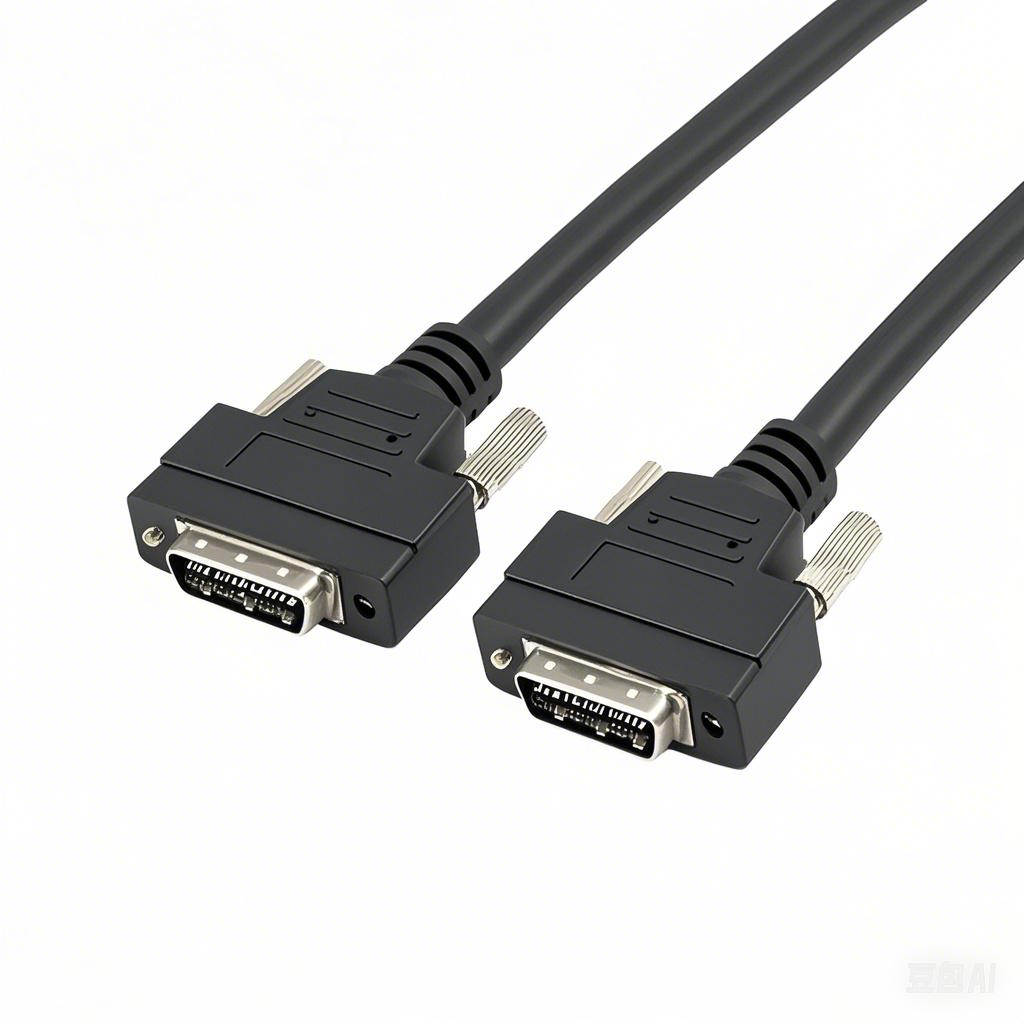What is the difference between machine cable and power cable?
In industrial and electrical systems, machine cables and power cables are both vital for power transmission, yet their distinct designs and purposes often cause confusion. Clarifying their key differences is essential to ensuring safe, efficient, and long-lasting operation of equipment and power networks—this article breaks down their unique traits, use cases, and selection tips to address real-world needs.
1. Core Difference: Purpose and Function
The most fundamental distinction lies in their intended use.
- Machine cables (also called equipment cables) are designed for short-distance, device-specific power/signal transmission within or between industrial machinery. They primarily connect components like motors, sensors, controllers, or actuators, focusing on integrating power delivery with the machinery’s movement.
- Power cables (or mains cables) are built for long-distance, high-voltage power distribution—transferring bulk electrical energy from utility grids to buildings, factories, or large systems. Their role is to move energy across extended distances, not support individual equipment functions.
2. Design and Structural Features
Their designs are tailored to their unique tasks, with key differences in flexibility, insulation, and durability:
- Machine cables: Prioritize flexibility and resistance to mechanical stress. They use stranded copper conductors (for better bendability) and robust insulation (e.g., PVC, PUR) that resists oil, abrasion, and repeated bending. This is critical for applications where cables move with machinery (e.g., robotic arms).
- Power cables: Emphasize voltage resistance and insulation integrity. They have thicker insulation layers (e.g., XLPE, cross-linked polyethylene) and may include shielding or armor (e.g., steel tape). These features minimize energy loss and protect against environmental hazards (moisture, chemicals) during long-distance transmission.
3. Performance Requirements
Their performance standards align with their use cases:
- Machine cables: Must endure frequent flexing (tested for thousands of cycles), resist industrial fluids (e.g., hydraulic oil), and maintain stability in tight spaces. Many also need flame-retardant properties to meet factory safety codes.
- Power cables: Focus on electrical performance. They are rated for high voltages (1kV to 500kV+), low dielectric loss (to reduce energy waste), and thermal stability—handling continuous high-current loads without overheating, even outdoors or underground.
4. Practical Application Scenarios
Real-world examples help distinguish their uses:
- Machine cables are common in:
- Industrial machinery: CNC lathes, printing presses, and packaging equipment (connecting motors to control panels).
- Automation: Robotic arms and conveyor belts (cables bend with moving parts).
- Medical equipment: Diagnostic machines (compact, oil-resistant cables).
- Power cables are used in:
- Grid distribution: Transmitting power from power plants to suburban substations.
- Factory infrastructure: Supplying main power to entire manufacturing facilities (e.g., from on-site transformers to main electrical panels).
- Renewable energy: Wind farms or solar parks (transferring energy from generators to the grid).
5. Practical Selection Guidelines
To choose the right cable, focus on three factors:
- Voltage and distance: For low-voltage (220V/380V) short-range machinery connections, use machine cables. For high-voltage (1kV+) long-distance transmission, power cables are mandatory.
- Environment: If exposed to oil, bending, or tight spaces, pick machine cables with PUR insulation. For outdoor/underground use, power cables with XLPE insulation and armor are better.
- Compliance: Machine cables often meet IEC 60227 or UL 2556; power cables follow IEC 60502 or UL 1309.
When it comes to reliable machine and power cables that meet these strict standards, FRS brand factory is a trusted choice. With years of industrial cable expertise, FRS manufactures machine cables (flexible, oil-resistant, and automation-ready) and power cables (high-voltage, durable, and globally compliant). Whether you need cables for CNC machinery or grid projects, FRS offers customized solutions matching your voltage, environmental, and performance needs—ensuring safe, efficient operation. Choose FRS for quality you can rely on.
If you need a PDF version of this article for offline reference or internal training, I can format and generate it for you.











